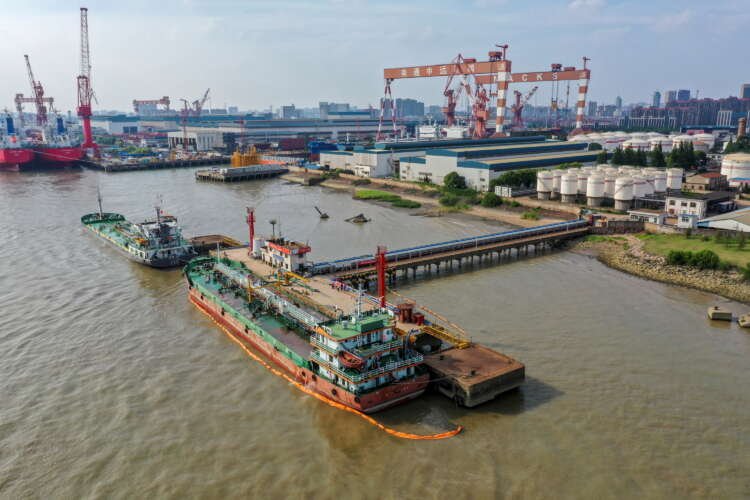Trading
China cuts second batch of crude oil import quotas for private refiners – document, sources
Published by maria gbaf
Posted on June 22, 2021
1 min readLast updated: January 21, 2026

Published by maria gbaf
Posted on June 22, 2021
1 min readLast updated: January 21, 2026

Explore more articles in the Trading category











